4 min read
Is Your Legacy LIMS Undermining Predictability and Scale?
Many labs look successful on paper, yet rely on fragile systems held together by workarounds, manual fixes, and constant behind-the-scenes effort.

4 min read
Many labs look successful on paper, yet rely on fragile systems held together by workarounds, manual fixes, and constant behind-the-scenes effort.

2 min read
LabWare gives regulated labs a direct, reliable path to meeting 21 CFR Part 11 by embedding the required controls for data integrity, secure record...
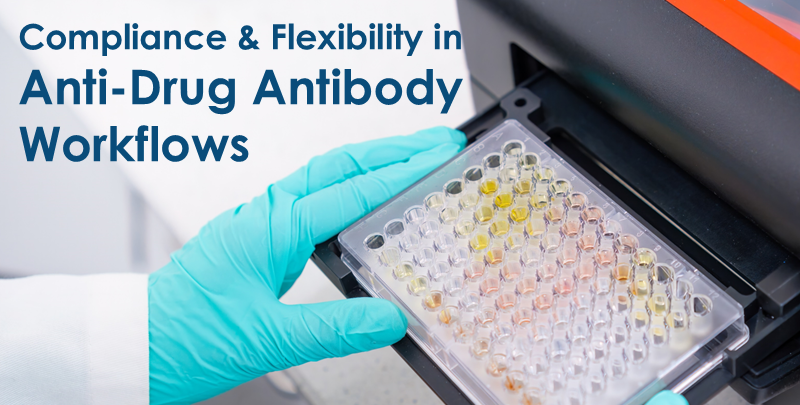
2 min read
LabWare unites regulatory rigor and scientific flexibility in managing anti-drug antibody (ADA) and immunogenicity workflows for bioanalytical labs.
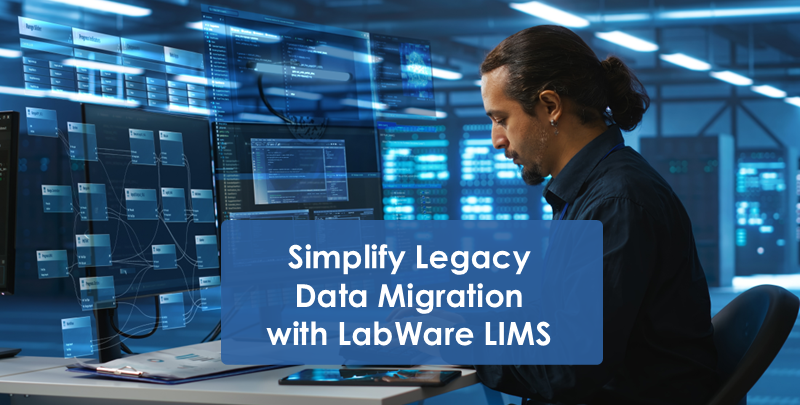
2 min read
Migrating legacy data to a modern laboratory information management system (LIMS) is often seen as a complex and challenging process, especially for...
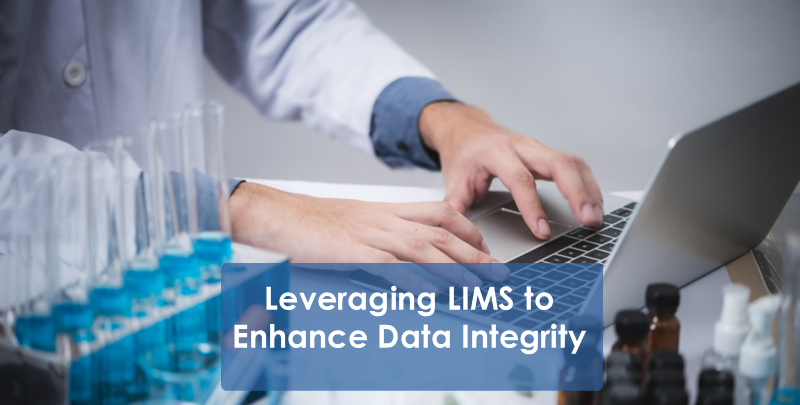
3 min read
Data integrity is fundamental across numerous industries, but the terminology, practices, and language can often be complex and inconsistent. This...
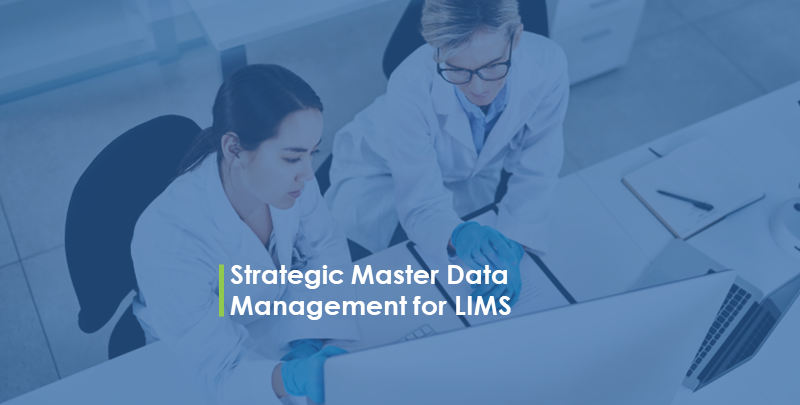
3 min read
"Organizations without a solid data management strategy are on a collision course with catastrophe." Thorton May, CIO Columnist The consequences of...
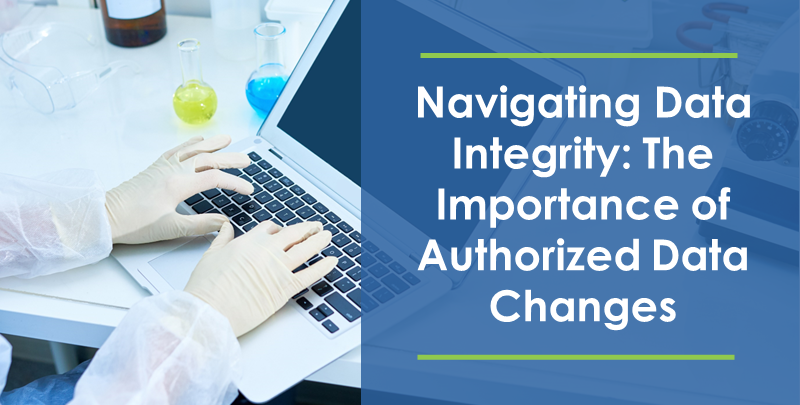
3 min read
Imagine a scenario where a simple software oversight could jeopardize your entire operation. A manufacturer of finished pharmaceuticals faced this...